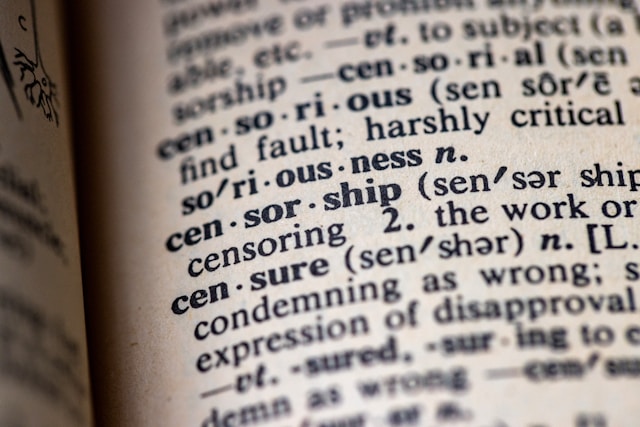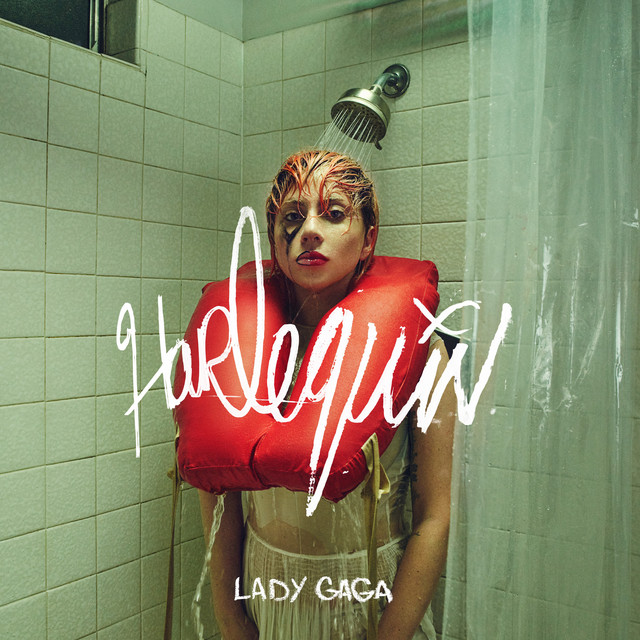Making pariahs out of prisoners is America’s pastime
October 19, 1998
Last summer, we had a guest speaker at my church, a lawyer who was studying to become a minister. After his sermon, he opened the floor to discussion on the day’s topic.
He’d mentioned the relatively new practice of notifying people when convicted sex offenders move into their neighborhoods. They have supposedly “paid their debt.” Should they be released into their new lives with the stigma of the past branded on them publicly? Wouldn’t that make them pariahs? Worse yet, might they be in physical danger from others who feel threatened by their presence?
Should such concerns matter when measured against our right to protect ourselves and our families?
Contemplating these questions, an image recurred to me: the “Pillowcase Rapist,” recently released from prison, his skull bashed in by a mob of brick-wielding people. The newspaper said he’d been caught in a woman’s house, “stealing.” The facts of the story were unclear, the quotes disturbing. I couldn’t help but wonder if the man was dead because his new neighbors, aware of his past, felt it justified to kill him outright rather than send him back to prison.
Despite America’s glorified fantasy of violent revenge exacted by Joe Citizen, vigilante justice is not an appealing reality. The lynch mob has played a large enough role in our history; we need not add more chapters to our shame. Without due process, the innocent as well as the guilty are sometimes dragged from their beds, beaten, hanged, stabbed, bludgeoned or burned to death.
I have a six-year old nephew whom I have helped raise from the time he was born. In fact, he was sitting beside me that day in church. Was it possible that my lack of knowledge about our neighbors could result in something unthinkable happening to this young man whom I love so much?
“Uncle Jim, why isn’t he picking you?”
“I sure don’t know, Nathan, I’m getting tired of keeping my hand raised.”
My turn to speak finally came. The gist of what I said is this: The fact that we notify people when we release prisoners represents a horrible admission of failure on the part of the system. Do our prisons reform criminals? Clearly, the consensus is that they don’t.
A case in point: Arizona has a sheriff who does a lot of grandstanding and spends a lot of money on what amounts to publicity stunts. He hires untrained locals, his “posse,” to ride horseback through downtown Phoenix and scare off the local hookers.
This works for a couple of weeks, and then they come back. A local Phoenix writer once compared the man to the prostitutes he harasses — except instead of providing the illusion of love, he provides the illusion of law enforcement.
He talks tough, though, and people like tough rhetoric. “No more damn Nautilus machines and cable TV for these scumbags!” he rants, and consigns his prisoners to “tent homes,” even during the summer when temperatures peak in the mid-120s. In his prisons, there are reports of negligence, beatings and corruption.
It seems America is so afraid of its criminals that we are willing to accept any treatment of them. We clamor for revenge, rather than reform. Further evidence of this: the ever-increasing number of executions performed in our country with Texas leading the way. Yee-haw!
The neglected side of this issue concerns class distinction. Consider the wealthiest (and to me worst) criminals: born privileged, Daddy bought their way into Harvard or Yale. Richer than God, they still feel it necessary to loot the system. Many of these characters walked unscathed from the Savings & Loan debacle, bailed out by the federal government, to the tune of billions of dollars.
While the government could have invested that money in the inner cities, they chose not to. Our system protects the wealthiest criminals and shrugs when the children of our ghettos grow up ignorant, sick and vicious in the third-world conditions we’ve created. Opportunistic politicians talk “tough” about what miserable human beings these are, and how we need more prisons to hold them. The children of America’s poor are being sacrificed to palliate the fears of the middle class. The lack of accountability in this system is appalling.
We have demonized an entire segment of the populace, but our hatred of criminals is misplaced. Our energies should be directed toward fixing a system founded on a terrible philosophy: that people are scum. The notion that anyone DESERVES to exist in the hellish conditions of our drug-infested prisons is malicious and wrong. The idea that such conditions could REFORM anyone is a bad joke (somehow being raped and terrorized doesn’t teach one how to be a better citizen).
Do we want to know when ex-convicts move into our neighborhood? The fact that we answer “yes” to that question is what should concern us.
James O’Donnell is a graduate student in painting, drawing and printmaking from Mesa, Ariz.






